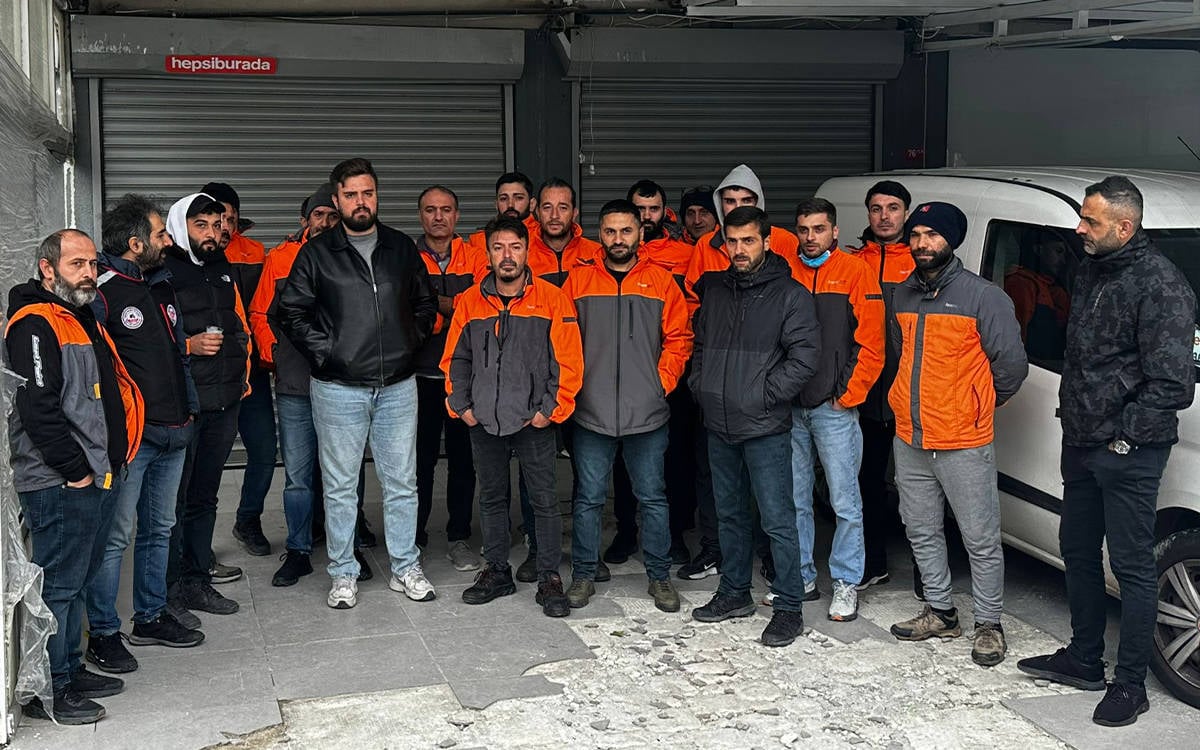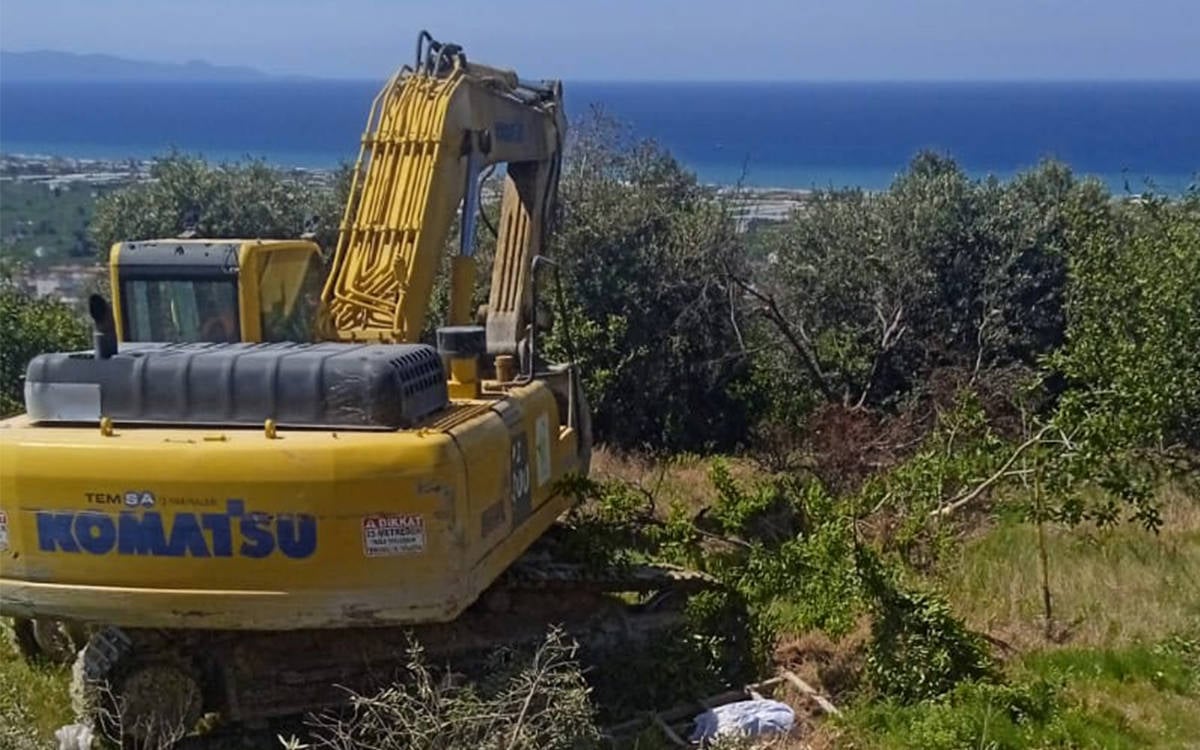Can Atalay (Photo: MA/File)
Click to read the article in Turkish
Worker's Party of Turkey (TİP) Deputy Can Atalay's request for the suspension of the sentence against him and his release has been denied by the 3rd Criminal Chamber of the Court of Cassation, disregarding the precedent set by the Constitutional Court.
Atalay, a lawyer and a rights advocate who was sentenced to 18 years in prison in the case concerning the 2013 Gezi Park protests, was elected as a member of parliament from in the May elections.
The chamber's decision argues that the Constitutional Court cannot make a ruling that would eliminate or render ineffective the application of an existing constitutional norm.
We spoke with constitutional law scholars Prof. Dr. İbrahim Ö. Kaboğlu and Prof. Dr. Şule Özsoy-Boyunsuz regarding the Court of Cassation's decision on Can Atalay and the statements targeting the Constitutional Court in the decision text.
Prof. Dr. Kaboğlu emphasized that even the high courts cannot question whether the Constitutional Court's decision is right or wrong, saying, "Attempting to enforce Article 14 with a forced interpretation is, in essence, an attempt to violate the Constitution."
Prof. Dr. Şule Özsoy Boyunsuz highlighted that the Constitutional Court, with some of its rulings, seeks to protect the precedents of the European Court of Human Rights (ECHR) and universal human rights standards. She stated, "Even this system, this regime, no longer tolerates even these basic human rights at a minimum level," and pointed out that the Court of Cassation has clearly violated the Constitution.
Violations of articles of the Constitution
Kaboğlu, the chair of the Constitutional Law Research Association and a former CHP deputy, drew attention to Article 153 of the Constitution regarding Constitutional Court decisions, saying, "Constitutional Court decisions are binding for everyone. That means what the court should do is not question whether the Constitutional Court decision is right or wrong, but how it will be implemented, how it will be carried out.
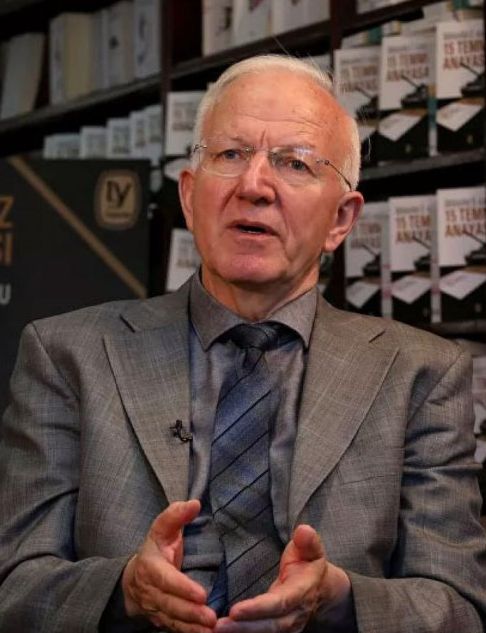
"Perhaps a note could be added like 'Although I do not agree with the Constitutional Court decision...' but a court, no matter how high-level it may be, including the Court of Cassation, does not have the authority to question whether the Constitutional Court decision is right or wrong and say, 'Your decision is wrong, so I am taking your place and making the right decision.'"
Prof. Dr. Kaboğlu, asserting that the decision violates many articles of the Constitution, said, "Attempting to enforce Article 14 with a forced interpretation is, in essence, an attempt to commit the crime of violating the Constitution."
"Judges must comply with the Constitution"
Kaboğlu recalled the refusal of the İstanbul 14th Heavy Penal Court to comply with the first "violation of rights" ruling by the Constitutional Court for then-CHP deputy Enis Berberoğlu in 2020.
"The local court had said, 'I do not comply with the decision,' and took a questioning stance towards the Constitutional Court. In response, the Constitutional Court made a ruling stating, 'Courts do not have the authority to question the decision. They are obliged to comply with it.'
"Of course, an application can be filed with the Constitutional Court can for this reason alone. However, after appealing to the Court of Cassation and obtaining its decision, an appeal to the Constitutional Court will be made."
Prof. Dr. Kaboğlu emphasized that the Constitution is binding for everyone, including the Court of Cassation, stating, "A judge is obliged to comply with the Constitution. They criticize the Constitutional Court decision but do not consider the 'legality' principle envisaged by Article 14.
"The application of Article 14 is only possible through a law. However, the Court of Cassation attempts to enforce Article 14 with a forced interpretation, despite lack of such a law. In such cases, there may be an application in favor an individual, but it cannot be an application to create an offense. According to our Constitution, the principle of legality of crimes and punishments is in place.
"Yes, the Constitution is superior, but it clearly makes reference to the law. Of course, the fact that the Court of Cassation does not take this into account means that it overlooks the provision in Article 138 of the Constitution, which states, 'Judges shall decide in accordance with the Constitution, laws, and legal principles.' This is a serious problem for the Court of Cassation."
"Significant violations of rights"
Prof. Dr. Şule Özsoy-Boyunsuz, a faculty member at Galatasaray University Faculty of Law, recalled that the Constitutional Court had previously intervened to remedy violations of rights in response to similar decisions by the Court of Cassation.
She said, "The Constitutional Court says, 'A law is necessary for the application of a constitutional provision without violating rights because Article 13 of the Constitution includes the principle of legality.'
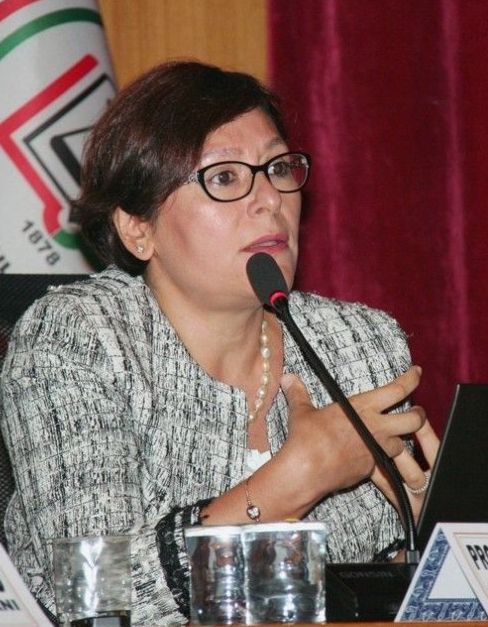
"Additionally, it is explicitly stated that exceptions to parliamentary immunity need to be regulated by a law. Therefore, when you arbitrarily state, 'The situations in Article 14 of the Constitution are exceptions to immunity,' and when judicial authorities can place any offense within those exceptions at their discretion, it leads to a violation of rights and becomes a very arbitrary stance,' according to the Constitutional Court.
Özsoy-Boyunsuz pointed out that an elected member of parliament is being prevented from performing their duties and said, "And this person [Can Atalay] is not yet convicted. There are significant violations of rights in this case."
"A precedent binding on the Court of Cassation"
Özsoy-Boyunsuz further stated that the Court of Cassation made a completely arbitrary decision, adding, "Article 13 of the Constitution states that rights and freedoms cannot be restricted without a law. So, who is violating the Constitution? It is clear, the Court of Cassation."
Emphasizing that the authority to interpret the Constitution belongs to the Constitutional Court and its decisions bind the legislative, executive, and judicial branches, the professor also evaluated the expression "primary duty of norm control" used regarding the Constitutional Court in the Atalay decision:
"There is a precedent that binds the Court of Cassation here. The individual application authority is explicitly stated in the Constitution. The Constitutional Court also has the duty to prevent human rights violations. So, at the very least, this is an extremely ignorant interpretation. If it is done knowingly, and it is done knowingly, it is a very malicious interpretation. It is not a legally valid interpretation.
"Politically, for some reason, there is a great fear of events similar to Gezi, so they think of making an example of the Gezi Trial [defendants]. These individuals have been deliberately targeted. They are specifically targeted in an arbitrary manner.
"They do not want anyone to organize mass demonstrations like Gezi or engage in protests against the government, so they aim to suppress the rights to hold unauthorized and peaceful gatherings and protests, which are constitutional rights."
"A cecision creating conflict within the judiciary"
Pointing out that Can Atalay focused on the abuses of public officials in many cases he handled and that he was specifically targeted as a lawyer, Özsoy-Boyunsuz said, "The interpretation of the Court of Cassation is simply ignoring Constitutional Court decisions and the Constitutional Court itself.
"It is a decision that creates conflict within the judiciary and is highly inappropriate for the system. Therefore, the system is returning to a point where Constitutional Court decisions are not implemented. A great injustice and unlawfulness are being committed here.
"Unlike the rest of the judiciary, we see that the Constitutional Court at least tries to uphold the ECtHR precedents and universal human rights standards in some cases. Even a few cases that it attempts to protect become problematic for the system and the regime.
"We have strayed so far from democracy that this system, this regime, no longer tolerates even these basic minimum human rights." (VC/VK)





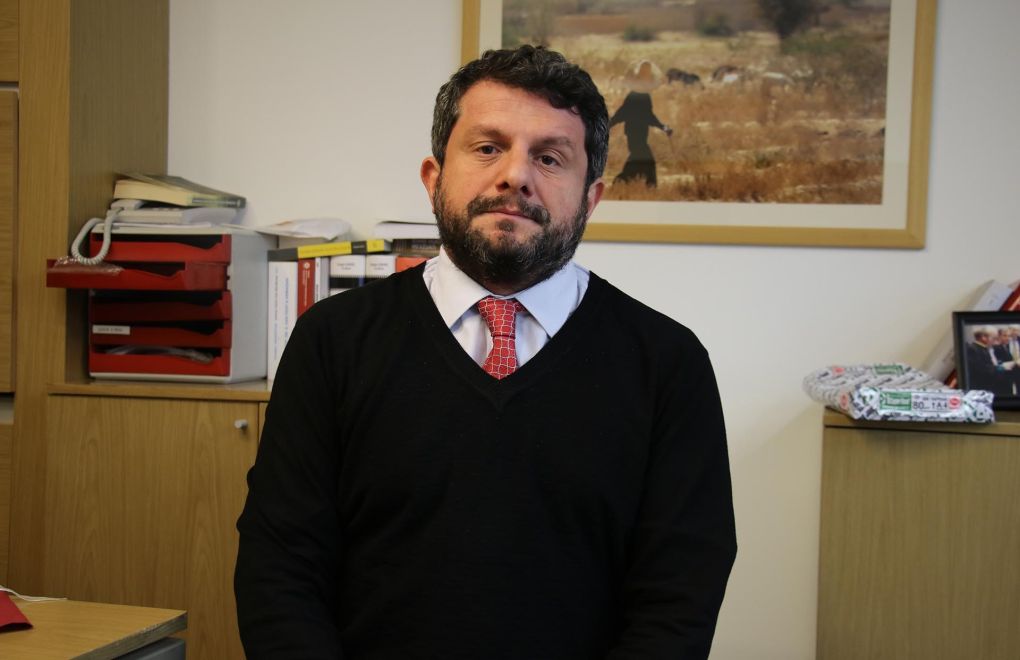
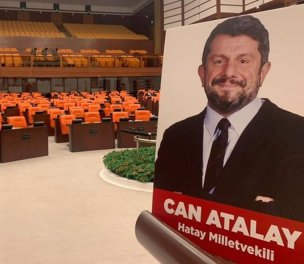
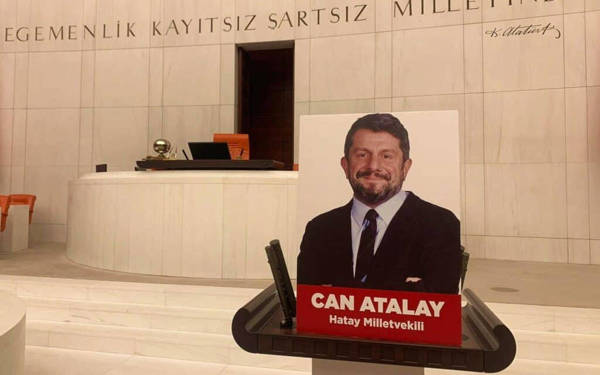
.jpg)
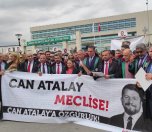
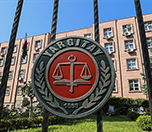
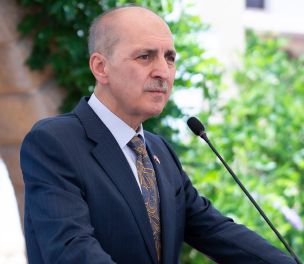
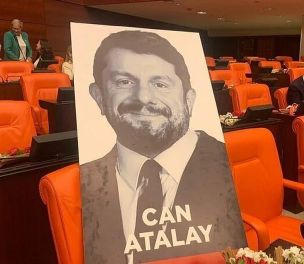
.jpg)
